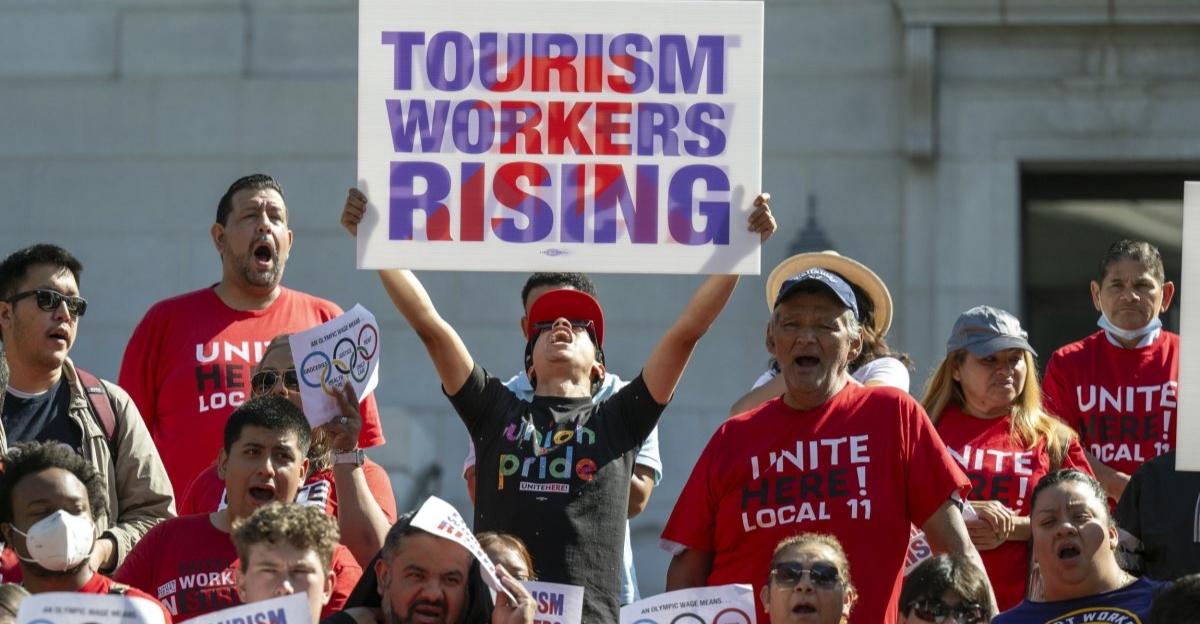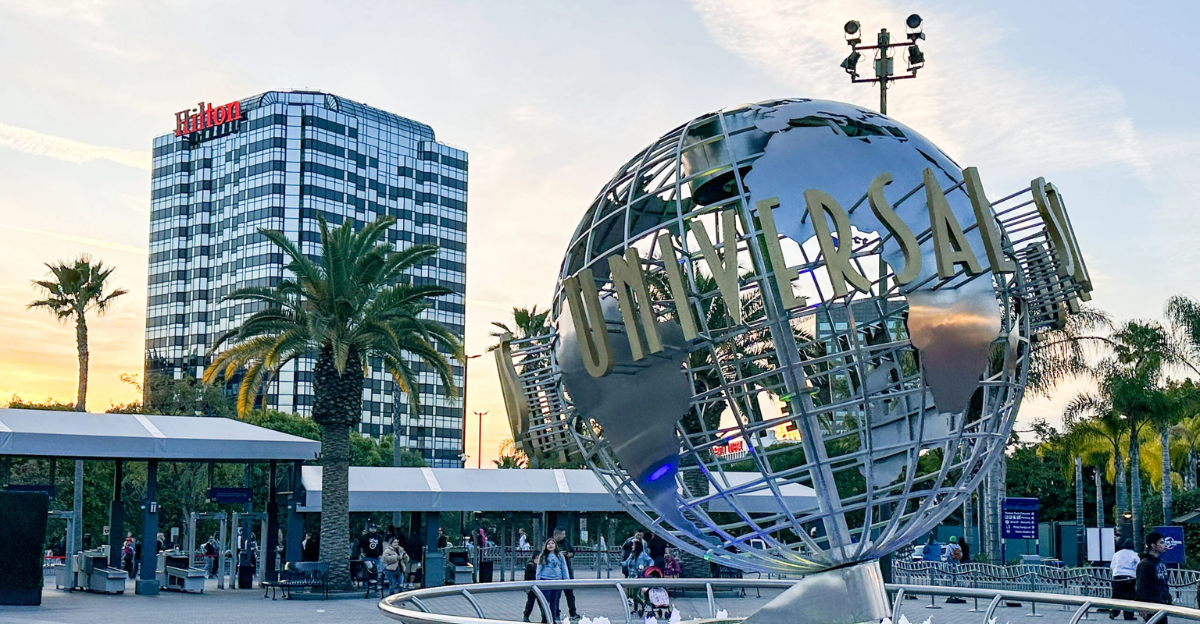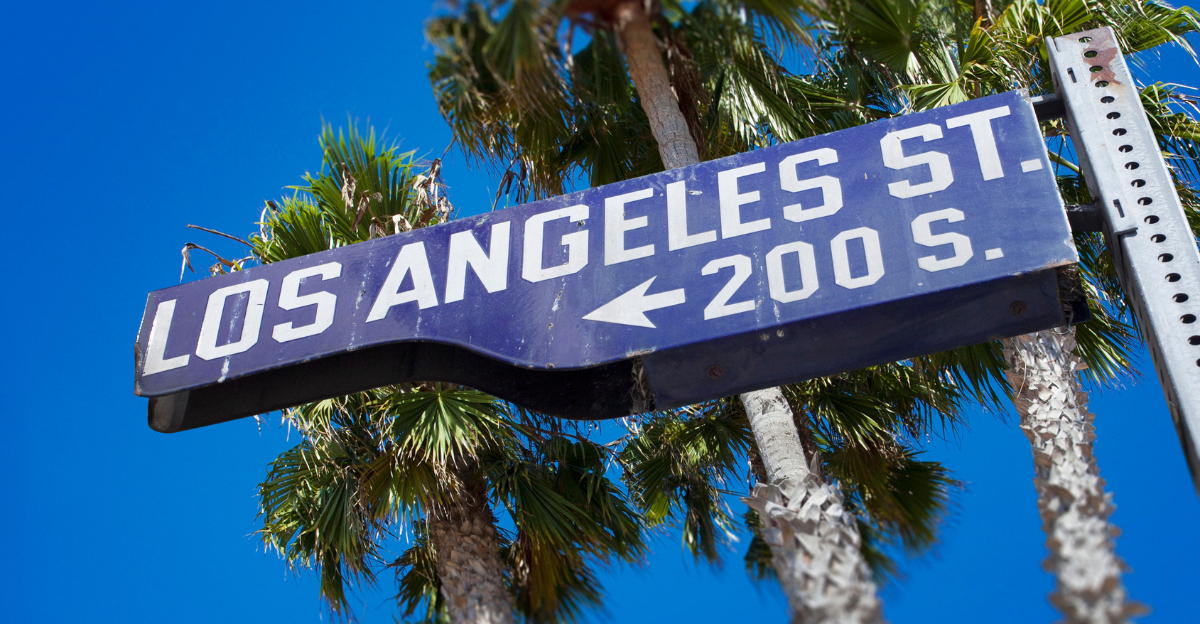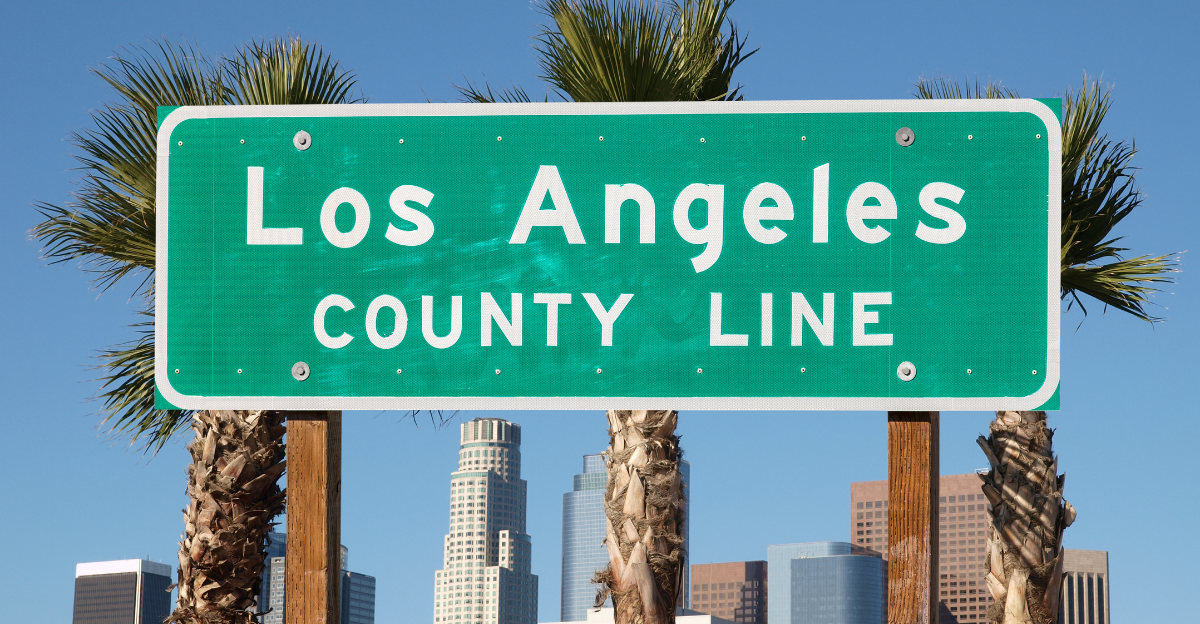
A minimum wage hike sounds like a win for workers, but such changes have significant ripple effects on the everyday American consumer. In a 12–3 vote, the Los Angeles City Council approved a $30 minimum wage for hotel and airport workers by 2028, plus an $8.35 hourly healthcare benefit. That makes LA the highest-paying city for these roles in the U.S.
While unions celebrate the move, businesses are warning of price hikes and job cuts. As LA prepares to host global events like the FIFA World Cup and the Olympics, this bold move could reshape how—and where—people spend their money in the city and beyond. So, what will actually change for you at the checkout counter—and how fast will it hit?
Why LA’s Timing Is No Coincidence

LA isn’t just raising wages—it’s doing so ahead of the biggest global spotlight events in decades: the 2026 World Cup, 2027 Super Bowl, and 2028 Olympics. Union leaders say tourism workers should finally benefit from the billions these events bring in.
With 80% of low-income renters in LA spending over half their income on housing, the urgency is real. Councilman Hugo Soto-Martinez stood firm: “This is what it looks like when working people fight – we win.” The timeline isn’t accidental—it’s a statement about who gets to benefit when the world comes to town.
Expect Your Bills to Get Pricier

Rising wages almost always ripple into rising prices. Research shows a 10% wage hike can nudge grocery costs up by about 0.36%, but full supply chain effects can push that even higher. In LA, where meat and poultry prices have already spiked nearly 10% over the past year, the wage hike could compound the strain on consumers.
Restaurants, airport concessions, and hotel services will likely pass on costs, meaning inflation-weary shoppers may feel the pinch in every meal, checkout run, and hotel booking. With inflation already high, every added dollar will count.
Businesses Are Bracing—and Reacting Fast

Many businesses aren’t waiting to adapt—they’re already taking action. Sun Hill Properties, which manages the Hilton Universal City, is threatening to cancel its Olympic hotel agreements and a 395-room expansion. “If they proceed with this nonsense, it’s dead,” said their CEO. Others may follow suit. Expect a push toward automation, leaner staffing models, and moving operations just outside LA’s jurisdiction.
Behind the scenes, menus and service models are being redesigned to shield consumers from sticker shock, without sacrificing margins. Business leaders are signaling: this wage law could change how LA does business.
Shoppers Will Start to Shop Differently

How consumers respond will reshape LA’s economy. Dining out may turn into a rare indulgence, while cooking at home or using delivery services could surge. “Border shopping”—where shoppers drive to cheaper neighboring cities—is expected to rise.
Discount grocers like ALDI may gain ground with their cost-effective staffing models. Local corner stores and restaurants might lose foot traffic as larger, non-city establishments pick up the slack. For everyday shoppers, this isn’t just a wage issue—it’s a lifestyle shift already underway, one decision at a time.
Tourism Takes a Global Hit

Los Angeles’ wage hike could reshape global tourism economics as the city readies for the 2028 Olympics. With international tourism still recovering rising service costs may slow progress further. Competing destinations might face growing pressure for similar wage increases, sparking global challenges in tourism pricing.
At home, Olympic venue construction could be impacted if contractors relocate or renegotiate. Planners now face tough decisions around lodging strategies and ticket pricing. What unfolds in LA is unlikely to stay there—the ripple effects may redefine how major tourist cities worldwide handle labor, cost, and competition on the global stage.
Real Voices, Real Stakes

“City leaders have ensured the Olympic Games benefit hard-working Angelenos,” says Kurt Petersen of Unite Here Local 11. But not everyone is celebrating. Hotel operators like Mark Davis of Sun Hill Properties warn they may exit Olympic room agreements due to rising costs. As wages rise, businesses face mounting pressure—and consumers may ultimately shoulder the burden through higher prices.
These decisions aren’t just economic—they’re deeply personal, affecting workers’ livelihoods and residents’ ability to afford everyday goods and services. The debate reveals a difficult balancing act between fair compensation and economic accessibility for millions of Angelenos and visitors alike.
Will Other Cities Follow LA’s Lead?

This local law could spark a national domino effect. California voters rejected an $18/hour statewide minimum wage in 2023, but LA pushed ahead anyway. Now, other progressive cities may follow suit, creating a patchwork of wage laws.
Meanwhile, business groups are eyeing hardship exemptions, which could allow companies to opt out if they can prove they would need to reduce workforce by over 20% to stay open. The city’s chief legislative analyst is expected to report on closures and exemptions in six months. The early data will set the tone for how many other cities dare to follow LA’s lead.
How to Shop Smarter in the New Economy

With the new wage rolling out in July 2025 (starting at $22.50/hour), now’s the time to plan. Book hotel stays and events early to lock in current rates. Compare prices between LA and neighboring cities. Track discounts at stores that run leaner staffing models.
Look for restaurants that swap tipping for service charges—and adjust your habits accordingly. Consider hotel loyalty programs before points lose value. Finally, start tracking your personal inflation trends—it’s the best way to stay one step ahead as the cost of living shifts under your feet.
A Wage War That Hits Every Wallet

LA’s $30 minimum wage is more than a local policy—it’s an economic experiment that could reset the national conversation. Advocates estimate a $1.2 billion income boost, mostly spent locally. But with inflation at 3%, the city’s balancing act is delicate.
For businesses, survival may require painful adjustments. For shoppers, adapting will mean new habits, choices, and expectations. At its heart, this is a story about fairness colliding with affordability—one that’s unfolding in every receipt, room rate, and restaurant tab.
Discover more trending stories and Follow us to keep inspiration flowing to your feed!

Craving more home and lifestyle inspiration? Hit Follow to keep the creativity flowing, and let us know your thoughts in the comments below!
